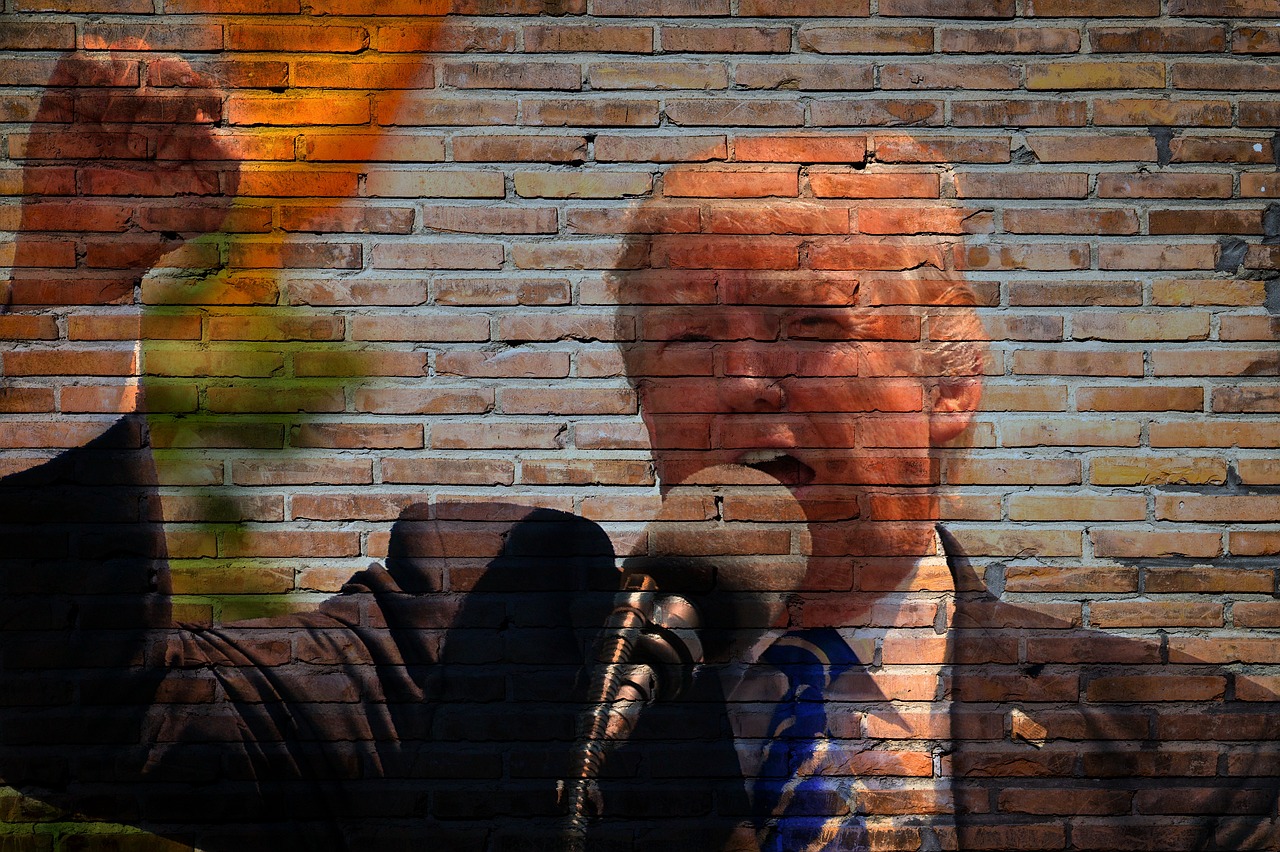Trump Begins Administration with Key Appointments
In a significant move ahead of his anticipated return to the White House, Donald Trump has appointed Susan Summerall Wiles as his chief of staff. This decision marks the first official hire of his incoming administration as he gears up for a potential second term beginning January 20, 2025. With over 4,000 positions to fill across his cabinet and federal government, Trump’s transition team is actively vetting candidates to shape his administration’s direction.
Key Personnel Choices and Influences
Wiles, who served as a co-chair for Trump’s 2024 campaign, has already made an impact on the political landscape. Celebrated for her ability to maintain composure under pressure, she was affectionately dubbed “the ice maiden” by Trump during his victory speech. This appointment also breaks new ground as she becomes the first woman to hold the chief of staff position.
Wiles has a storied history in political operations, having started her career with Ronald Reagan’s presidential campaign in 1980 and later turning Rick Scott into Florida’s governor in a mere seven months. Her extensive experience positions her as a formidable figure within Trump’s inner circle.
As Trump prepares for his second term, the selection of key positions like the Department of Justice head will be crucial. After mixed results with previous appointees, Trump is expected to choose someone loyal who can effectively wield the agency’s power against opponents. Names like Texas Attorney General Ken Paxton and former acting Attorney General Matthew Whitaker are reportedly under consideration.
Looking Ahead: Strategic Appointments and Political Implications
The upcoming appointments extend beyond traditional roles; figures like Tom Homan are in line for significant responsibilities regarding immigration and border enforcement policies. Homan’s controversial past adds complexity to his potential confirmation.
Other notable contenders include Florida Senator Marco Rubio for Secretary of State and Robert F. Kennedy Jr. for a broader public health role within the White House, indicating an eclectic mix of backgrounds among Trump’s advisors.
The political landscape is shifting rapidly as Trump revitalizes his administration with familiar faces while also welcoming new allies. With tensions rising domestically and internationally, how these appointments will influence policy remains to be seen.
As Trump’s administration takes shape, the implications of these hires will undoubtedly resonate in both domestic politics and international relations well into the future. The effectiveness of this new team may very well determine the trajectory of Trump’s second term and reshape American governance in unprecedented ways.


